
The top news stories in medicine today.

Austin Littrell is associate editor of Medical Economics.

The top news stories in medicine today.
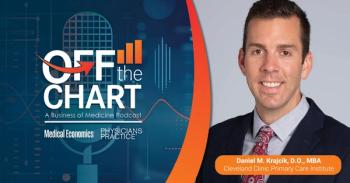
Daniel Krajcik, D.O., MBA, a primary care physician with the Cleveland Clinic, joins the show to break down the real-world considerations of bringing rapid testing into the office.


A study published in JAMA Network Open examines what happens when doctors get built-in time for inbox work.


The national accrediting body for U.S. medical schools has approved a five-year enrollment increase at the University of Maryland School of Medicine.

Key changes physicians need to know in the American Diabetes Association's 2026 Standards of Care in Diabetes.


New JAMA analysis tracks employer-sponsored insurance, wages and inflation from 1999 to 2024.

American College of Physicians President Jason Goldman, M.D., MACP joins the show to talk about medical misinformation.


Most older adults say they could travel longer to see their primary care physician, but survey results find lower limits among vulnerable patient groups.
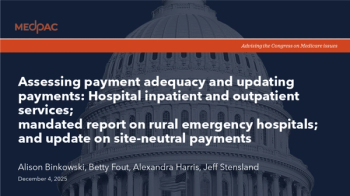
Commission cites stable access and strengthening finances, urges targeted support for hospitals caring for more low-income Medicare patients.

The top news stories in medicine today.

Jared Rhoads, M.S., M.P.H., joins the show with a different take on private equity.
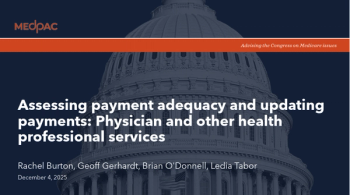
Commission staff present chair’s draft recommendation for a 0.5-point boost above current law as survey data show Medicare outperforms commercial coverage on access and wait times.

The top news stories in medicine today.
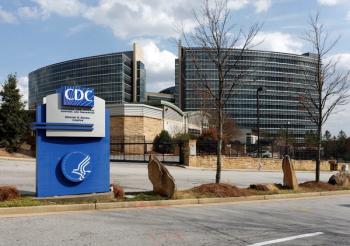
New polling reveals declining confidence in the CDC after autism-vaccine claims were added to federal guidance, with Americans leaning toward guidance from the American Medical Association when recommendations clash.

The top news stories in medicine today.

The specialty outlines training, certification and core care elements to advance the “Quintuple Aim.”

More immigrant adults are skipping medical visits and worrying about physicians sharing their information with federal authorities, KFF-New York Times survey shows.

The top news stories in medicine today.

Study links continuity in primary care to substantially lower rates of preventable acute hospitalizations.

These underused Medicare codes can support better care and more stable revenue.
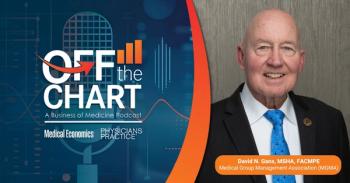
Retired MGMA senior fellow David Gans, MSHA, FACMPE, joins the show to break down the rising costs, flat reimbursement, staffing strain and tech decisions shaping medical practice performance heading into 2026.


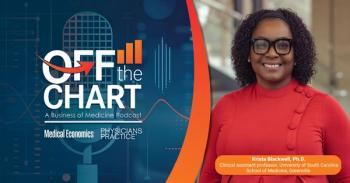
Krista Blackwell, Ph.D., joins the show to break down new CDC and American Heart Association reports on ultraprocessed foods.

The top news stories in medicine today. Happy Thanksgiving from Medical Economics!

The top news stories in medicine today.